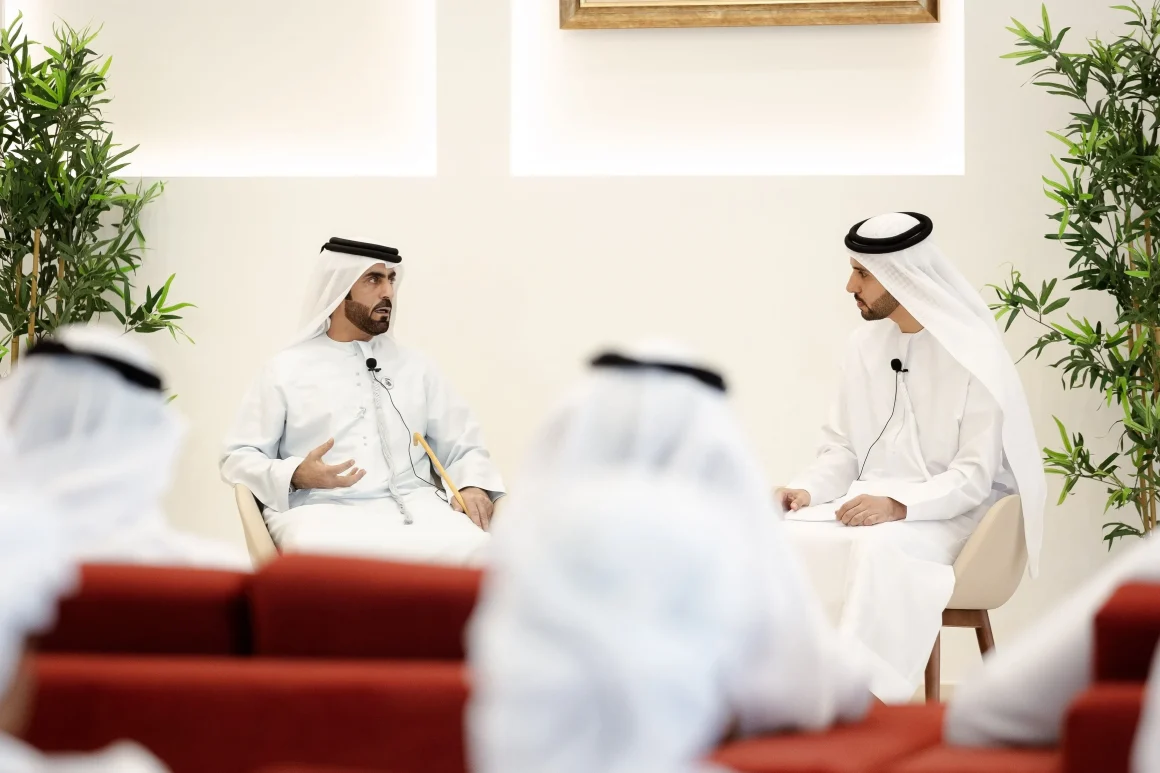Abu Dhabi Customs attaches great importance to the intellectual property (IP) sector, believing in its active role in supporting the growth of the national economy and enhancing its regional and global competitiveness, as well as its close link to achieving sustainable development goals.
In this context, the General Administration of Abu Dhabi Customs, in cooperation and coordination with its partners, organised a dialogue session on intellectual property laws, copyright, and related rights in sustaining poetic works with the poet Sheikh Majid bin Sultan Al Khatri.
This was part of Abu Dhabi Customs’ Intellectual Property Week held from 22nd to 30th April, in celebration of World Intellectual Property Day, which falls on 26th April each year, and aligned with this year’s theme: “Intellectual Property and Sustainable Development Goals: Building Our Shared Future with Innovation and Creativity.”
The dialogue session, attended by representatives from various government entities, strategic partners, officials, and managers at Abu Dhabi Customs, addressed the role of poetry in serving society, highlighting noble cultures and values, and introducing intellectual property laws and the efforts of the UAE in protecting copyright and creative and intellectual production in various fields, especially literature. This is achieved through developing intellectual property systems and legislation in accordance with global best practices, providing a suitable and stimulating environment for creativity and innovation, and an ideal environment to attract creators and innovators from all over the world.
Moreover, Abu Dhabi Customs’ Intellectual Property Week witnessed the launch of intellectual property and copyright competitions, in addition to organising six educational workshops for employees and clients, in cooperation with the Ministry of Economy, the “Brand Owners’ Protection Group”, and several private sector companies.
Abu Dhabi Customs has been keen to keep pace with these developments in cooperation with our strategic partners by adopting best practices, innovations, and advanced technologies to simplify procedures, develop services, raise performance efficiency, and instill a culture of innovation and creativity in customs work in a way that enhances the comprehensive protection of intellectual property rights, curbs violations faced by patent owners, innovators, and trademarks, and contributes to creating an environment that encourages investment and business.

